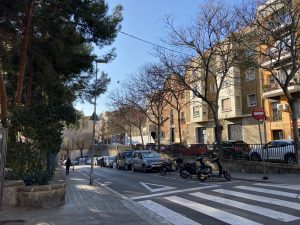Wow, I’m really glad that I reached the final week of this term. First of all, this RMST 202 class has been the most favourite course I have taken so far. Throughout the whole term, I have had an opportunity to read some great books and discuss them.
what have I learned?
In my entire life, I have read the book without a deep thought or analysis. For me reading books was a form of entertainment; enjoying and chilling out by reading text and stories. Through this course, I could learn how to observe the actual theme the author has intended and how to consider the historical background of the story. It allowed me to read more than just enjoyment.
Reflecting on my first post, saying I want to challenge myself and grow my ability to read and analyse the story written in English, I personally think that I struggled to catch up with the reading. However, I also could expand my perspective on how to read the book. This intense process of reading books each week, writing a blog post, and commenting on others’ posts was tough, but also very helpful not only for my academic
my most favourite & least favourite book
[Death With Interruption] was my favourite book in this course, although it was not an easy book to read through, mostly because of the absence of punctuation. I enjoyed the supernatural settings — death stopped working, and people who should die wouldn’t die anymore — to elaborate the heavy and philosophical theme. Personally speaking, I am also a fan of Jose Saramago — I enjoyed reading [Blindness] by him.
[Combray] was my least favourite. It definitely does not mean I don’t like this book, but this is the only book that is unfinished. I will definitely read the whole [Swann’s Way] and [In Search of Lost Time] but for now, it is left unfinished. Besides, the way Proust expressed the story is really long-winded and the timeline is arbitrary, which makes the story even more difficult to understand.
[Nadja] was also really hard to read. Despite the complexity of the narrative style, the theme of the book is hidden in the dreamy and psychedelic expressions. It was not a typical literature I could think of, which made a hindrance when I first started reading this.
Overall, it’s been a journey, and it was really worth it!
How was your experience in this course? Did you reach the goal you set in the first post?
